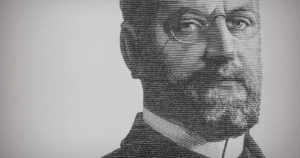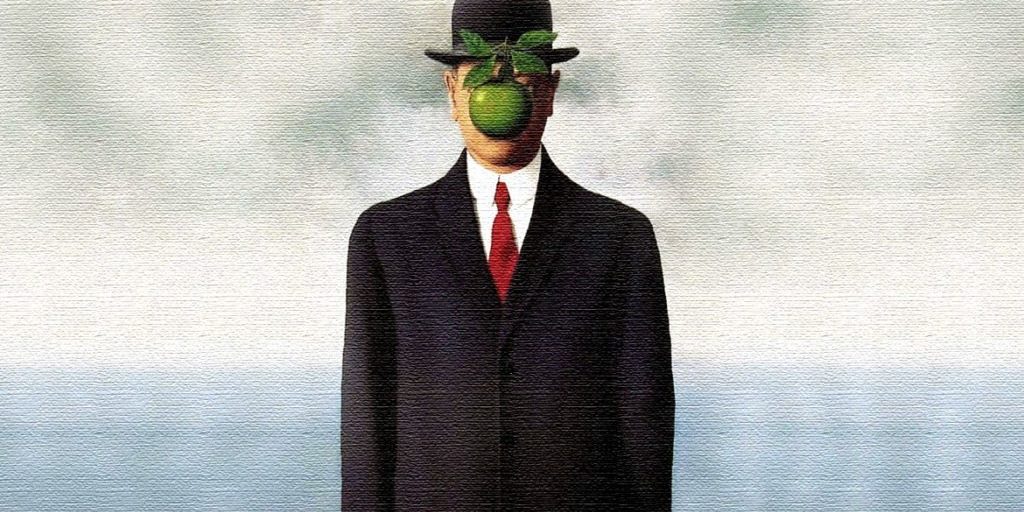
Author’s Corner
Each week on Credo we welcome you to join us in the Author’s Corner where we will meet a set of authors whose recent books deserve your attention and might even help you grow in your knowledge of theology, history, philosophy, and the scriptures. We hope the Author’s Corner can keep you up-to-date on the most important books published today and where you can find them.
On today’s Author’s Corner we present you with a selection of excellent works from Baker Academic.
A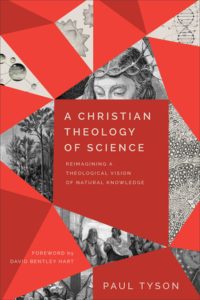 Christian Theology of Science: Reimagining a Theological Vision of Natural Knowledge (2022) by Paul Tyson
Christian Theology of Science: Reimagining a Theological Vision of Natural Knowledge (2022) by Paul Tyson
This book reframes the discussion between Christian theology and contemporary science, arguing that it is good both for religion and for science when Christians treat theology as their first truth discourse.
Paul Tyson argues that creedal Christianity has much to contribute to the ongoing conversation. He explains that the three usual approaches to science and religion–opposition, demarcation, and synthesis–assume that fixed and essential definitions of science and religion are possible. However, both science and religion as we actually practice them are historically situated ways of engaging with the natural world and transcendence that are in a continuous process of development and decay. We have come to separate natural knowledge (science) from faith and moral beliefs (religion), leading to serious difficulties in integrating knowledge and meaning, facts and values, and immanence and transcendence.
At the root of these dissonances is the difficult relationship between a naturalistic philosophy that purports to be a scientific realism and the things that make us human: transcendence, faith, meaning, and purpose. This is the result of science displacing Christian theology as Western modernity’s first truth discourse. However, Christian theology contains deep resources in its approach to knowledge and reality that have not been brought to the science and religion conversation since the late nineteenth century.
This book contains an intellectual history of theology’s engagement with science during the modern period, critiques current approaches, and makes a constructive proposal for how a Christian theological vision of natural knowledge can be better pursued.
E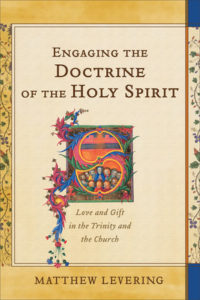 ngaging the Doctrine of the Holy Spirit: Love and Gift in the Trinity and the Church (2022) by Matthew Levering
ngaging the Doctrine of the Holy Spirit: Love and Gift in the Trinity and the Church (2022) by Matthew Levering
Distinguished theologian Matthew Levering offers a historical examination of the doctrine of the Holy Spirit, defending an Augustinian model against various contemporary theological views.
This work, a companion piece to Levering’s Engaging the Doctrine of Revelation, critically engages contemporary and classical doctrines of the Holy Spirit in dialogue with Orthodox and Reformed interlocutors, providing an introduction to the pneumatological landscape shared by all Christians. Levering focuses on the Spirit as Love and Gift in the economy of salvation as well as the Spirit’s mission to the church as Christ’s body. Through careful exegesis and interplay with sources from across the spectrum and throughout church history, and with special attention given to Thomas Aquinas and his theological heirs, Levering makes a strong dogmatic case for conceiving of the Holy Spirit as love between Father and Son, given to the people of God as a gift
Engaging the Doctrine of the Holy Spirit will be of much interest to professors and students of systematic theology as well as Catholic and Protestant scholars.
E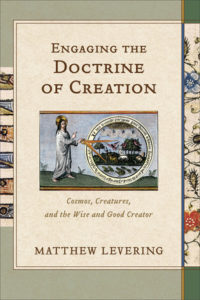 ngaging the Doctrine of Creation: Cosmos, Creatures, and the Wise and Good Creator (2022) by Matthew Levering
ngaging the Doctrine of Creation: Cosmos, Creatures, and the Wise and Good Creator (2022) by Matthew Levering
Distinguished scholar Matthew Levering examines the doctrine of creation and its contemporary theological implications, critically engaging with classical and modern views in dialogue with Orthodox and Reformed interlocutors, among others. Moving from the Trinity to Christology, Levering takes up a number of themes pertaining to the doctrine of creation and focuses on how creation impacts our understandings of both the immanent and the economic Trinity. He also engages newer trends such as ecological theology.
